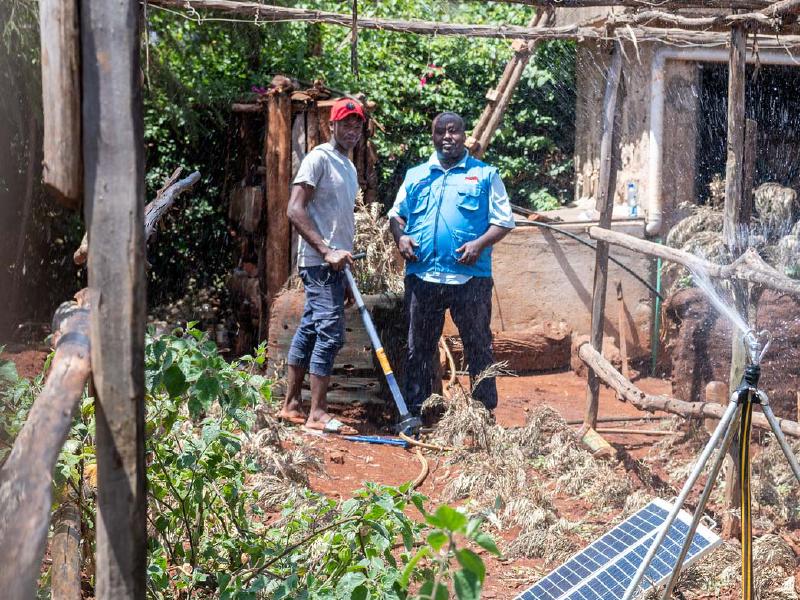
Kickstart International
KickStart enables millions of smallholder farmers across sub-Saharan Africa to earn more income, adapt to climate change, and lift their families out of poverty. They design, mass-produce, and distribute affordable, high-impact irrigation technologies paired with training, distribution, and financing models that help farmers grow and sell food year-round, strengthen climate resilience, and build long-term prosperity.
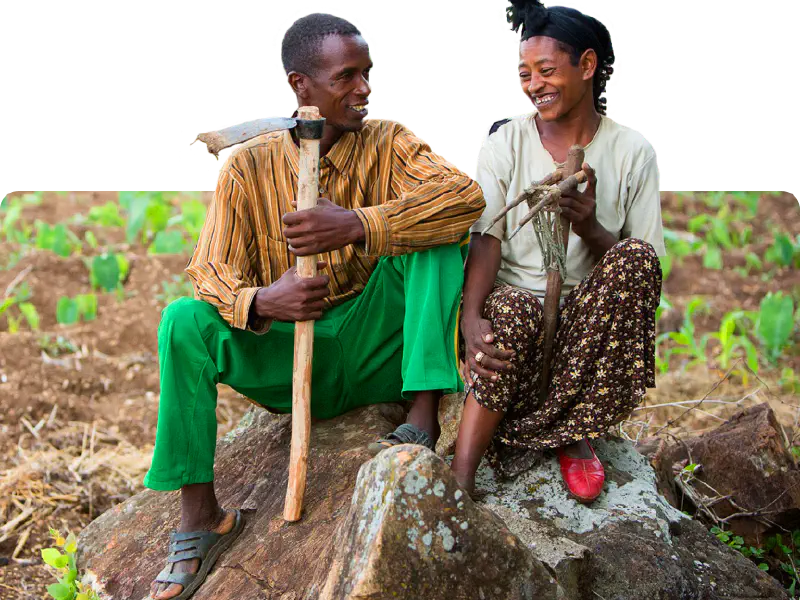
Nuru International
Nuru envisions a world where rural communities are no longer trapped in cycles of extreme poverty—and where resilience, peace, and prosperity take root.
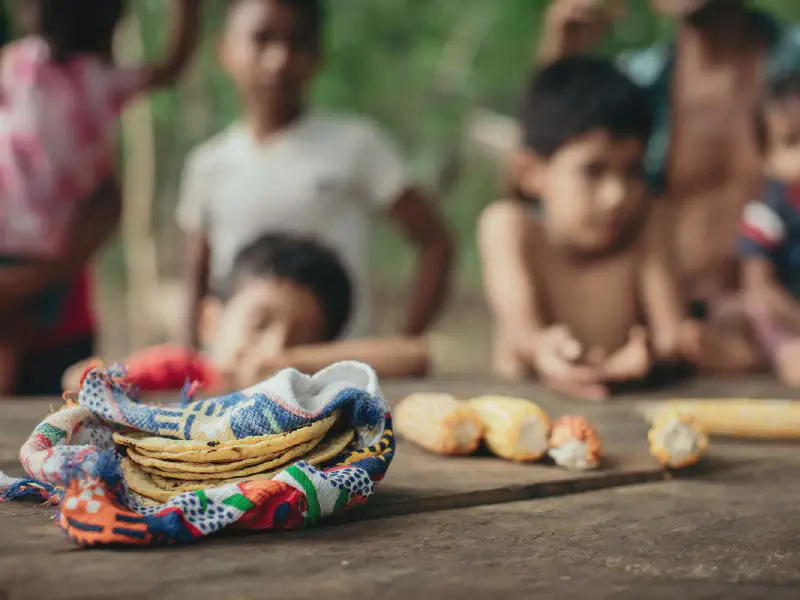
Semilla Nueva
Semilla Nueva improves nutrition, poverty, and climate resilience in Guatemala with biofortified corn seeds. They develop high yielding, climate-resilient corn seeds that have been conventionally bred (non-GMO) to have higher levels of zinc, iron, and quality protein and promote and sell the seeds at subsidized prices to farmers and seed companies.
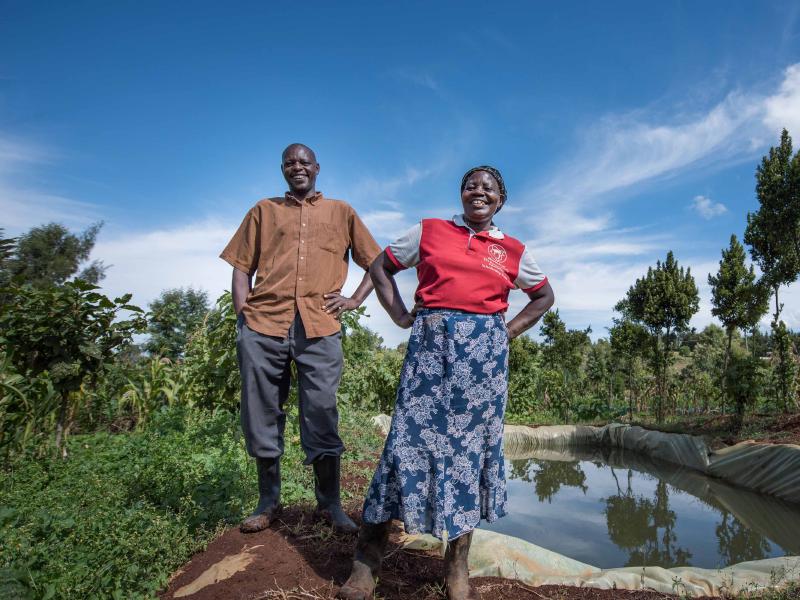
The Nature Conservancy: Africa Water Funds
The Nature Conservancy’s Resilient Watersheds strategy’s goal is to conserve freshwater ecosystems and help communities adapt to climate change by mainstreaming investments in nature-based solutions (NbS) in the water sector. They’re making investments in nature the norm by helping a critical mass of early adopters—utilities, regulators, financiers, corporations, and communities—to implement watershed investment programs in key markets.
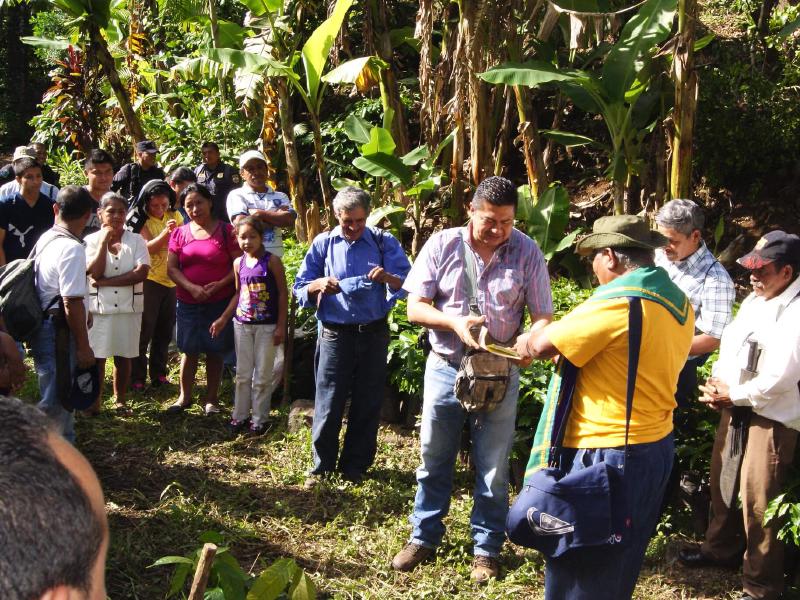
CRS/Blue Harvest
Blue Harvest, launched by Catholic Relief Services (CRS) in partnership with Keurig Dr. Pepper and the Inter-American Development Bank, transforms livelihoods and restores land and water resources through Water Smart Agriculture (WSA) in the coffee lands of Central America. Blue Harvest capitalizes on the symbiotic relationship between well-managed coffee agroforestry systems and good watershed management to increase climate resilience, productivity, and profitability for farmers while reducing landslide and flooding risks and contributing to sustainable water access for communities downstream.
Africa Sand Dam Foundation (ASDF)
The Africa Sand Dam Foundation (ASDF) constructs sand dams, rock catchments, school water tanks, and solar powered pipeline systems. They also train communities on better cultivation and land reclamation practices such as reforestation and afforestation, laying of terraces on their farms and pasture establishments.
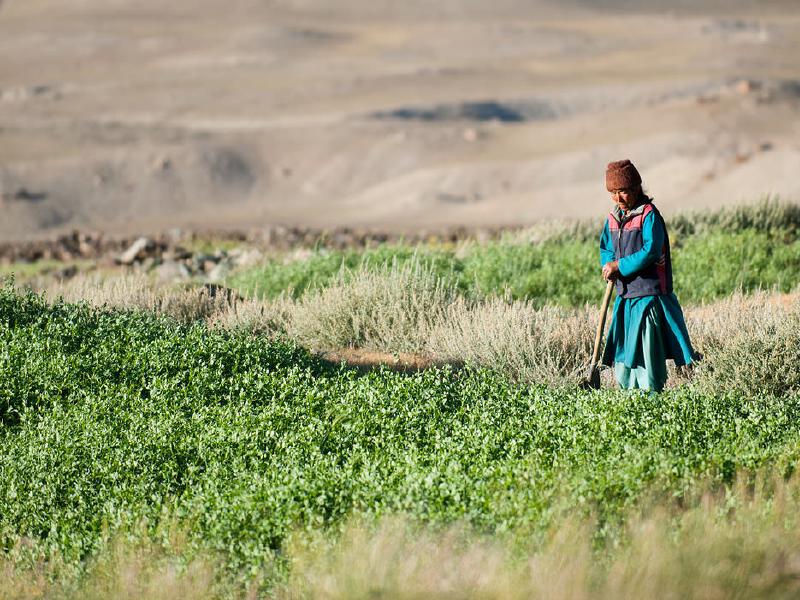
Agroecology Fund
The Agroecology Fund (AEF) is a multi-donor fund supporting agroecological practices and policies. The Fund aims to support viable food systems, promote the economic well-being and human rights of small farmers and their communities, and mitigate climate change through low input agriculture featuring sustainable soil and water use. It links organizations and movements that advance agroecological solutions locally, regionally and globally.
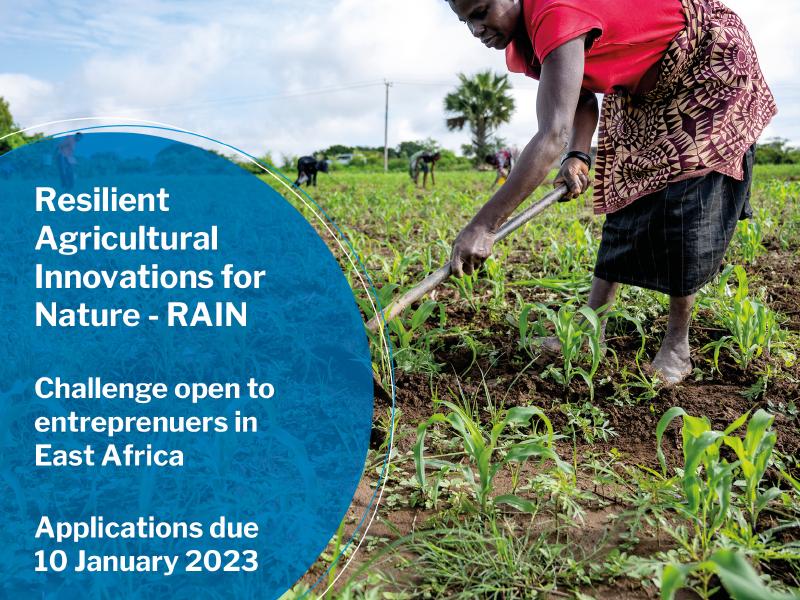
Global Resilience Partnership - RAIN challenge
Global Resilience Partnership (GRP) and the Shockwave Foundation are partnering on the Resilient Agriculture Innovations for Nature (RAIN) challenge.
RAIN aims to identify seed-level innovative agricultural ideas that are meeting climate resilience needs in East Africa and scale them to sustainable business ideas of interest to private investors and funders. In addition to awarding new innovative agricultural initiatives with seed funds, we will provide customized support to maximize each initiative’s potential for impact. The challenge will align potential funders to these initiatives and drive attention to the urgent need for agricultural systems transformation.
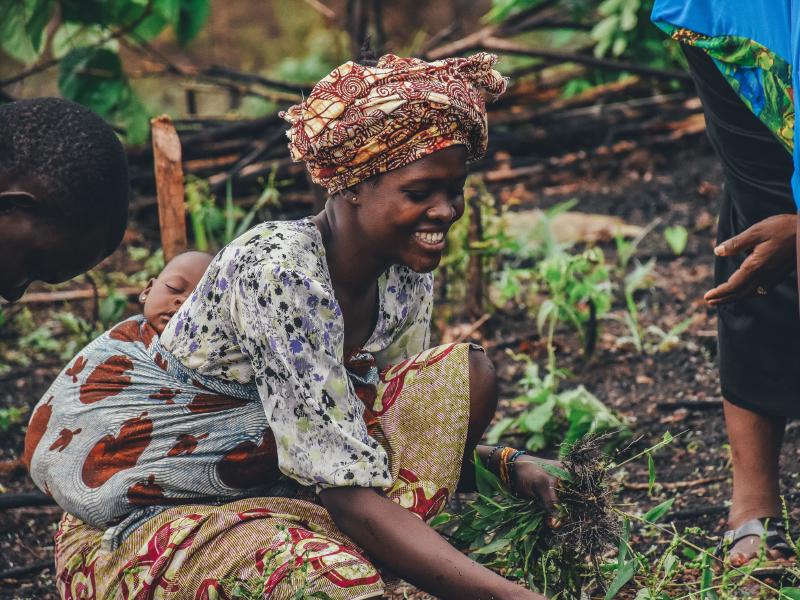
+1:Food Security Fund
The African continent is facing a food crisis greater than any other region in the world. Already affecting over 300 million people, the crisis is worsening due to climate variability, political instability, economic downturns, and other shocks. The ensuing hunger and malnutrition puts communities at further risk of violence and exploitation.
Both immediate needs and the root causes of food insecurity need to be addressed, urgently.
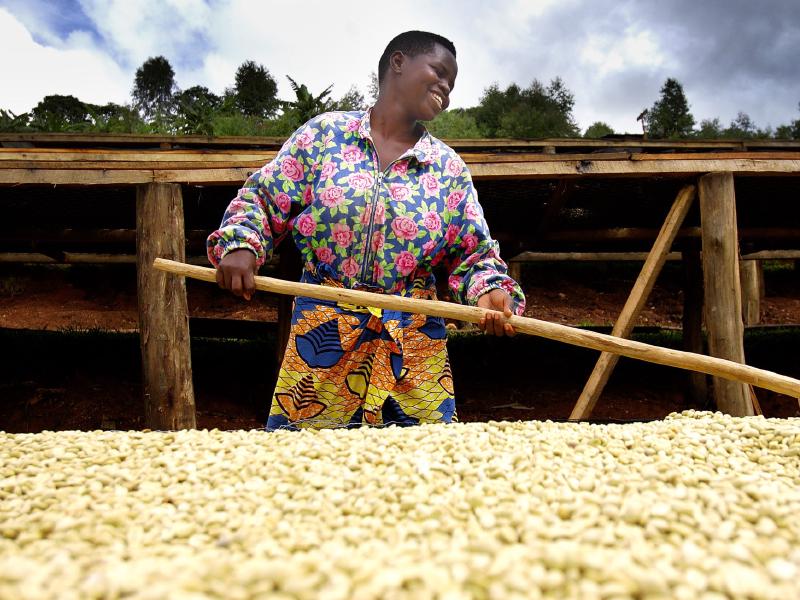
Root Capital
Root Capital invests in the growth of agricultural enterprises that support smallholder farmers. They seek out enterprises whose credit needs are too big for micro-finance and too small or risky for commercial banks. They provide loans ranging from $200,000 to $2 million specially tailored to harvest and sales cycles. To help businesses grow over the long-term, they also provide highly-customized training to strengthen their financial management, governance, and agronomic capacity.
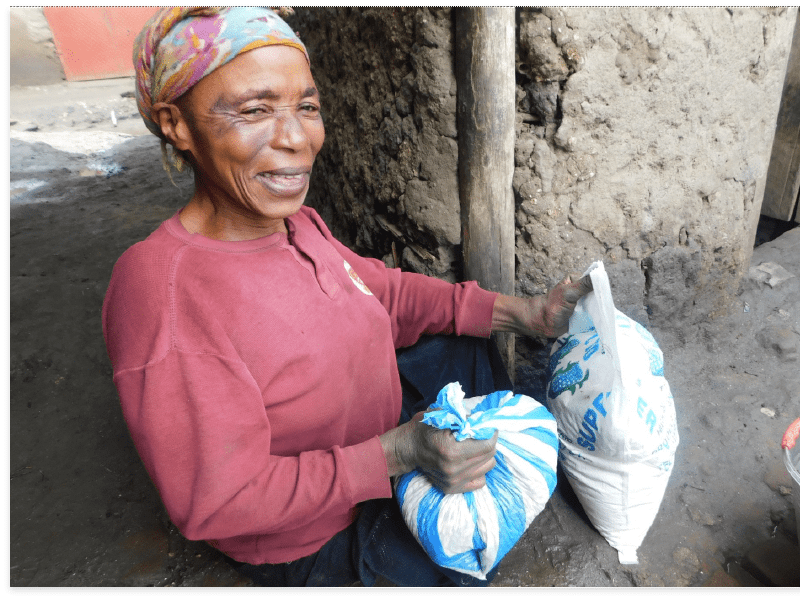
FCDE
The Foundation for Community Development and Empowerment, FCDE, empowers communities to lead their own development by increasing the effectiveness and sustainability of local organizations. They help grassroots partners assess, envision and attain organizational growth to drive community change.

Collaborating for Resilience
Collaborating for Resilience (CoRe) reduces environmental resource conflicts by providing tools to civil society organizations to catalyze collective action. They work to influence policy and investor priorities.
They are an international, non-profit, entrepreneurial change initiative working to address resource competition, and strengthen governance and livelihood resilience in interconnected resource domains and landscapes, including agricultural lands, forests, fisheries, inland waterways and coastal zones.
They foster innovations that sustain critical ecosystem services, build resilient local economies and increase social and economic well-being.
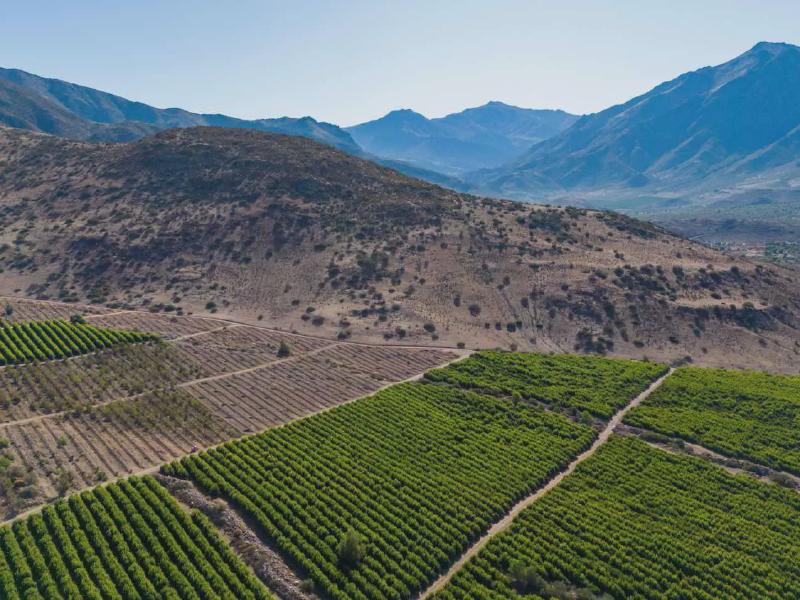
RRG Sustainable Water Impact Access Fund
Renewable Resources Group (RRG) is an asset management firm specializing in rural land, agriculture, water, conservation, and renewable energy. Since its founding in 2003, the Los Angeles-based firm has developed over 2 million acre-feet of water projects, 1.5 gigawatts of solar energy, and 840 megawatts of wind energy. It has also owned and managed over 100,000 acres of agricultural land.
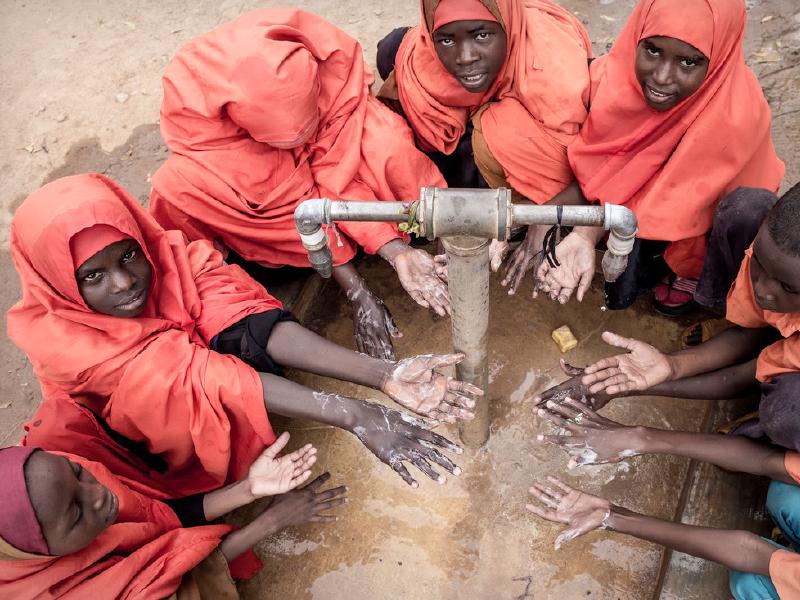
CARE
For 75 years, CARE has led the way to a better life for millions of vulnerable people around the world. CARE tackles poverty from multiple angles. Their Water+ programs are about more than just hand washing and clean drinking water. Their work links water to other activities so that they can make the biggest impact possible. Their programs include water for agriculture, livelihoods, nutrition, keeping girls in schools, helping women to be leaders, preventing disease outbreaks, and more.

Buoyant Ventures
Buoyant Ventures is a venture capital fund that invests in early-stage companies that can generate an outsized positive impact on the climate while quickly and efficiently scaling. Buoyant focuses both on climate mitigation – reducing greenhouse gas emissions – and adaptation – minimizing risks presented by and helping people to cope with weather patterns exacerbated by climate change.
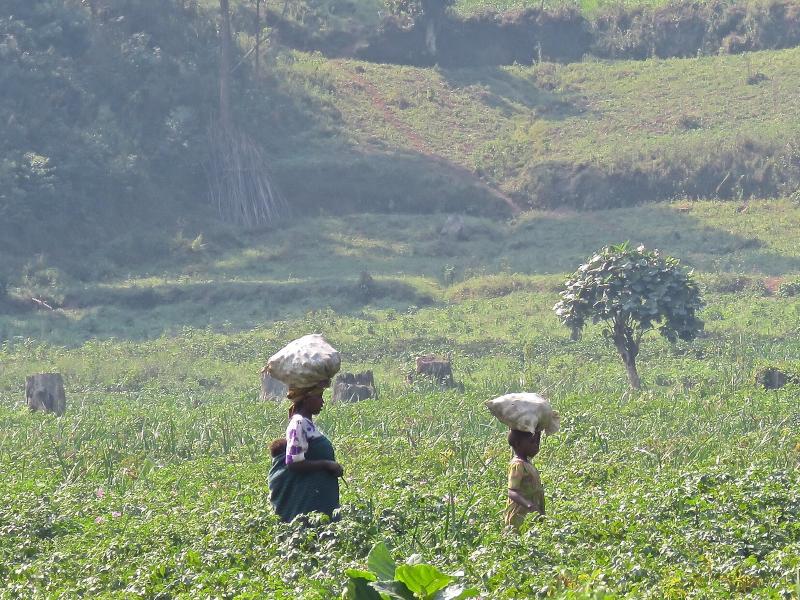
Women's Climate Centers International
The Women’s Climate Center (WCCI) concept recognizes that the answer to climate security lies within the local and indigenous knowledge of women who farm, raise families and build communities throughout the world. Their ultimate goal is to share that knowledge so that agricultural yields become vigorous, safe drinking water becomes routine, water-borne disease becomes a part of history and revenue generating opportunities and newly-learned business skills unlock a more prosperous and climate-resilient future for rural women and girls.
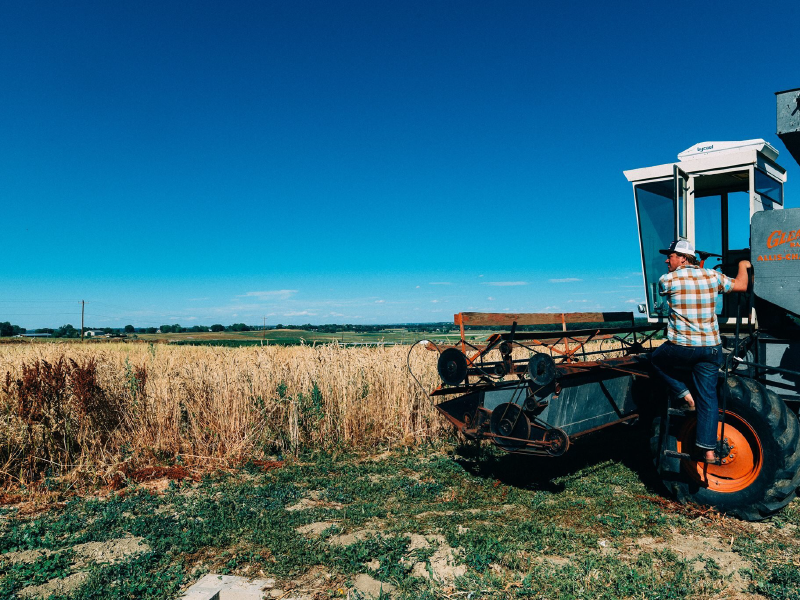
Mad Agriculture Perennial Fund
Every farmer has a different set of opportunities and challenges. For some, a community of like-minded farmers is all that is needed to revolutionize their operation. The catalyst for others can be markets that reward their stewardship of land. Some need an integrated farm plan that brings clarity and technique to their vision. Mad Agriculture meets farmers on their journey, helping them thrive in making a living growing plants and raising animals in relationship with their place.